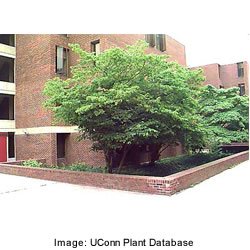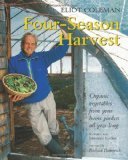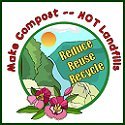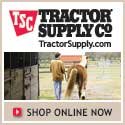You are here:
Home > Trees > American Hornbeam
American Hornbeam
Carpinus caroliniana

Price Each
$39.95

American Hornbeam:
The American Hornbeam tree, Carpinus caroliniana, is a shade tolerant under story tree. American Hornbeam trees are also known by the common names of Musclewood, Ironwood, Blue Beech, and Water Beech trees. The word "hornbeam" comes from the words "horn" for "toughness" and "beam" an old English word for "tree" and refers to this tree's very hard, tough, wood. This deciduous species provides nuts that are eaten by many birds such as grouse, bobwhite, pheasant and wild turkey. Cottontail rabbits and deer nibble on the shoots of this tree. Carpinus caroliniana exhibits leaves that are thin and beautifully translucent. This shade tree will provide cool, dense shade in the summer because of its many leaves giving a dense appearance. In late autumn the leaves turn deep scarlet and orange providing good fall color tree.

FREE Garden Journal!!
Join "Garden Notes" and plan for Harvest Success as you track and record your gardening progress.
Your Free Personal Garden Journal has pages for jotting down notes on the seeds you start,
your new plantings, when you fertilized, and even a graph to plot a new garden.
What's New?
"Organic food has a higher nutritional value than ordinary produce, a study by Newcastle University has found."
"A team grew fruit, vegetables and reared cattle on adjacent organic and non-organic sites across Europe.
They found up to 40% more antioxidants could be found in organic fruit and vegetables than in non-organic.
The team said the findings call into question the current stance of the Food Standards Agency (FSA), which is neither for nor against organic food."
Organic Food Gardening Guide
Free
Gardening Catalog
Click Here
Book of the Month

A book full of valuable information on how to harvest fresh vegetables and salad
ingredients literally year-round--yet without an expensive greenhouse or indoor light garden set-up.
Coleman combines succession planting (small sowings three or more times, rather than
one big endeavor) with cold-frame growing in the winter months. He includes how-tos for building simple cold-frames.
Read More...
Garden Tip of the Day










